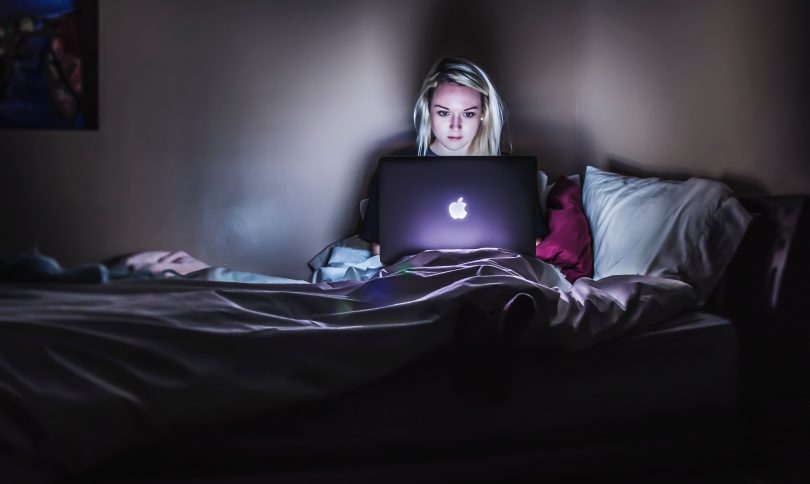Facebook, Instagram and Twitter have just over 4 billion active monthly users between them, and due to the sheer size of their reach, play a significant role in the spread of misinformation.
Researchers from Massachusetts Institute of Technology found that on Twitter alone, misinformation spreads faster than true stories. It also takes true stories about six times as long to reach 1500 people as it does for false stories to reach the same number of people.
Another interesting finding from this study is humans, not bots, are primarily responsible for the spread of misinformation, and social media influencers are one important group of people to investigate as to why this is happening.
Dr Amelia Burke-Garcia, director of digital strategy and outreach at the University of Chicago wrote a book called Influencing Health: A Comprehensive Guide to Working with Online Influencers and says “social media influencers are today’s modern opinion leaders and they are powerful because there is trust”.
“Usually followers will follow an influencer because of something that they have a similar shared interest, or a likemindedness about a particular topic,” Amelia says. “There’s the opportunity to really sway opinion in a way that we have not seen before because of the scale that social media affords them.”
One such influencer is Floridian doctor Joseph Mercola, who has almost 2 million followers on Facebook and regularly posts about health and wellbeing. He has his own website called #1 Natural Health and provides his followers with health advice, including article after article about COVID19 and vaccinations. He claims that he knows the truth about COVID19 in his new book and claims that if we were simply more healthy, we would not need vaccinations.
Dr Mercola has built his own platform and a large-scale social media presence with the following to reach millions of people with his personal points of view on health. Amelia says “anyone with a platform and a voice can share their opinion and that has made it difficult to tell what information is true.” This has made it difficult for people to determine what information about vaccines is reliable because, without a degree in science it is difficult for people to understand the science behind vaccinations and how they work.
Amelia says social media users trust and share misinformation because it is more interesting. “The truth, she explains, “is oftentimes more boring, so I think that there’s the phenomenon of misinformation being more shareable, whether it’s true or not is something that we are seeing play out as it relates to vaccination.”
The cyclical nature of misinformation by social media influences is not fully understood but Amelia says it flows through “weak ties” and these weak ties are important for new ideas popping into Facebook newsfeeds. For example, these are the friends of friends or someone you are following who is following an influencer you are not following. “If you don’t have weak ties to introduce the new information then you tend to, within a strong tie network, have the same ideas circulate,” Amelia says.
The role of online influencers and the impact of their ideas are not well known in 2021, but many researchers are trying to better understand how social media influencers influence and what it means for the future of governing and health to fight back against online health misinformation.
Listen to the full segment on episode 2 of Under Cover podcast on Apple Podcasts or Spotify.
Note: Dr Joseph Mercola did not respond to my request for an interview.
(Photo by Victoria Heath on Unsplash).

